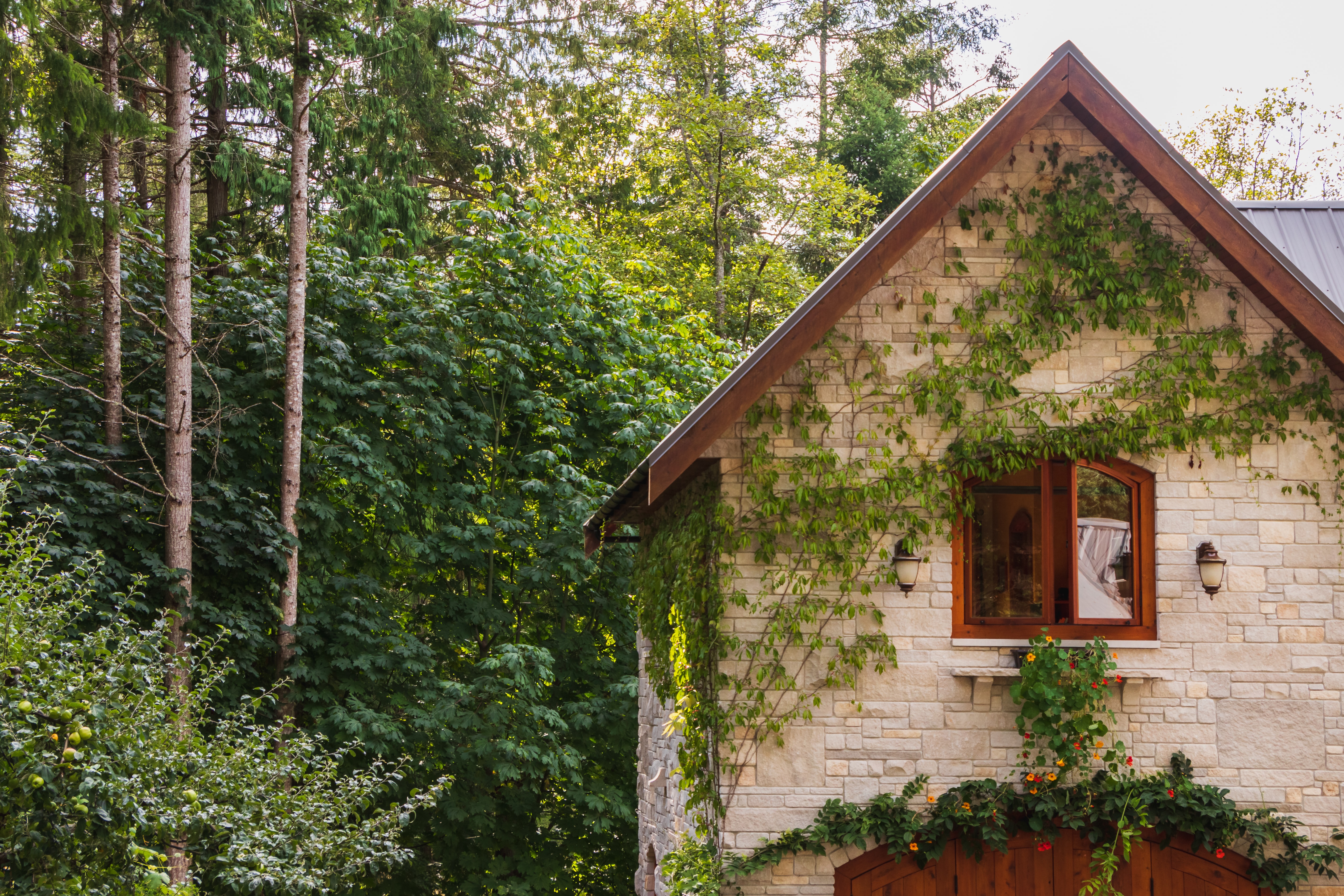
Property prices, interest rates and bank’s outlooks on lending money all rise and fall with the seasons – or so it seems. Every once in a while, however, the stars align to create perfect buying conditions: great value on the market, record low interest rates, and banks willing to lend to anyone who meets their simplest affordability requirements.
According to Schalk van der Merwe, franchisee for the Rawson Properties Helderberg Group, the market is currently at the peak of these “perfect” conditions, with opportunities for buyers at levels last seen in the fifties.
But, can you really afford to get in on the action? According to Van der Merwe, the real question to ask these days is can you afford not to…
“The thing about property is that it’s an appreciating asset,” Van der Merwe explains. “Yes, it’s a long-term financial commitment, and it can be a squeeze to get your foot in the door, but it’s also an incredibly valuable building block towards financial freedom.”
Unlike rental payments, which disappear into someone else’s pocket, Van der Merwe says each bond repayment brings investors one step closer to owning their home.
“It’s kind of like a forced savings plan,” he says, “with far better growth prospects than any bank account I’ve seen these days. Every day your property appreciates and every time you pay off a little more of your loan account, your net worth as an individual grows.”
Also unlike rental payments, bond repayments don’t increase annually. Not only does this mean you’ll always know exactly how much you’ll be paying every month for the foreseeable future (barring minor interest rate fluctuations), it also means those repayments get easier over time as your income increases and they do not.
“Eventually, you’ll have paid off your home and be able to live ‘rent-free’,” says Van der Merwe, “but even before that, you have the option to reinvest your equity – or the savings you have in your home loan – to expand your investment horizons with a second investment property, for example.”
This kind of springboard approach – leveraging one property to buy another one – is how many successful (and now very wealthy) property investors got started.
But how do you kickstart that process on limited income?
“Thanks to the current property prices and interest rates, it’s actually far easier to make the leap to becoming a homeowner today than it has been in a very long time,” says Van der Merwe. “Bond repayments on a 20-year loan for an average property of R1.25million at the prime interest rate are only R9,691 today, compared to the R12,062 they would have been in early 2020.”
While interest rates may begin to climb again in months or years to come, Van der Merwe says this process is likely to be very gradual, given the state of the economy. Current predictions are for a maximum 0.5% increase in 2021 – the equivalent of an extra R379 per month on that R1.25million loan.
If those numbers are still out of reach, however, Van der Merwe says buyers also have the option of extending their loan to 30 years. This would drop their repayments to a mere R8,316 per month (at a prime rate of 7%). The downside is that the longer loan term would increase the total cost of the property over the lifetime of the bond, but this could be a worthwhile sacrifice for the opportunity to tap into today’s unbelievable buying conditions.
“I’m certainly not suggesting buyers overextend themselves to get into the market,” says Van der Merwe, “but I do believe property is an excellent way to improve financial standing through stability, predictability and growth.”
“I always recommend prospective buyers draw up a monthly budget to work out exactly what they can and can’t afford,” he continues. “A good bond consultant can assist with this – they have a huge amount of experience. They can also use the results to help individuals polish up their credit records and prequalify a home loan at the best possible rates.”